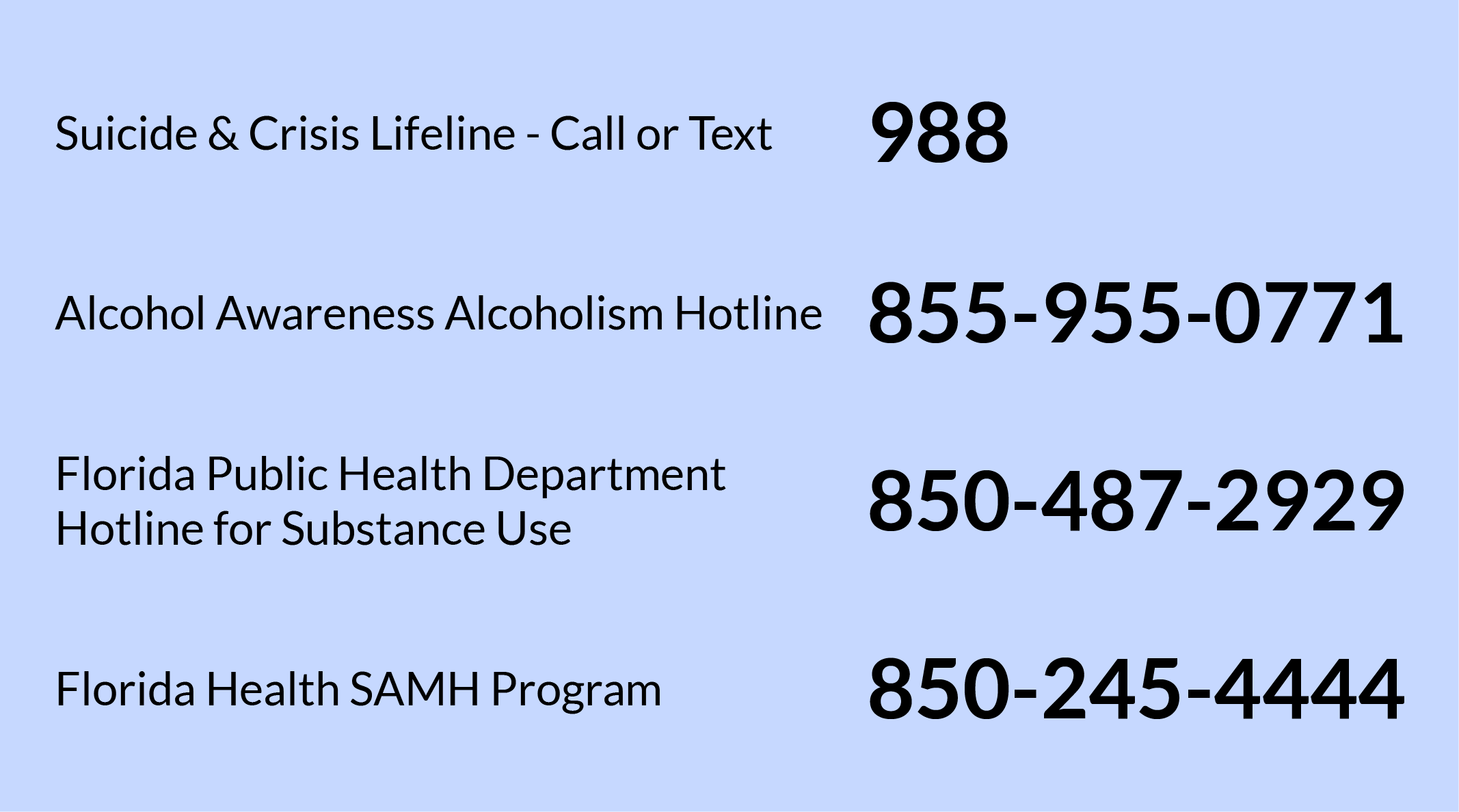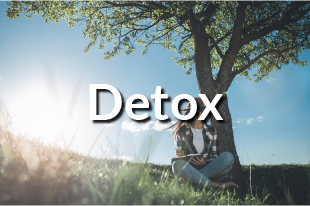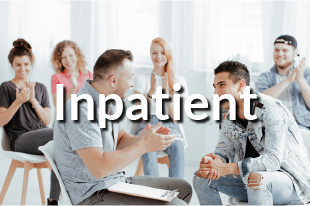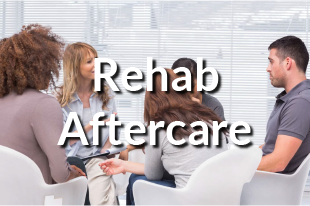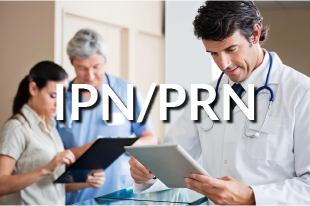Even if binge drinking only occurs in social settings, it can wreak havoc on your mental and physical wellbeing, putting you at greater risk for implications like liver damage or heart disease. Excessive consumption of alcohol may be a sign of alcohol addiction. If this is the case, treatment options are available to help you on the road to recovery.
Pre-Alcoholic
In the pre-alcoholic stage of alcoholism, there may not be noticeable symptoms. The stage begins when a person experiments with alcohol. During this stage, their tolerance develops over time, and the individual may begin to drink more regularly. This stage is also the stage where someone might engage in binge drinking or social drinking. Although social drinking may appear harmless, an unhealthy relationship with alcohol could develop, especially if the individual uses alcohol as a coping mechanism, such as to cope with social anxiety, stress, or other emotions.
What Is Binge Drinking?
Binge drinking is the excessive or heavy consumption of alcohol in a single sitting. The CDC has a specific rule of thumb for how much men and women can drink before it is considered as binge drinking. For men, binge drinking occurs when five or more drinks are consumed during an occasion. For women, binge drinking occurs when four or more drinks are consumed during an occasion.
However, this general measurement for binge drinking does not take into consideration other factors that lead to intoxication. Weight, speed of drinking, and other factors contribute to the level of intoxication that someone feels through heavy alcohol consumption. This can put the health of individuals who drink heavily at greater risk.
Binge Drinking vs. Social Drinking
Binge drinking, especially in younger people, often occurs in social settings. However, there is a difference between binge drinking and social drinking. Binge drinking is the heavy consumption of alcohol. While this can happen in a social setting, it can also happen anywhere an individual chooses to drink heavily. Social drinkers typically consume alcohol in a social setting to fit in, enjoy themselves while they are socializing, or to relax in a social environment. However, social drinkers can have one or two drinks in a sitting, which would not be considered binge drinking. Social drinking is not focused on heavy consumption.
Is Binge Drinking Alcoholism?
Binge drinking is not equivalent to addiction, but it can be a sign of something serious. The heavy consumption of alcohol, especially with more frequency, can indicate alcohol use disorder. If there is only one occasion in which someone has overconsumed alcohol, they may not be an alcoholic. However, the more a person is inclined to drink, the greater the risk that it indicates an underlying addiction.
Causes of Binge Drinking
There are plenty of causes of binge drinking. And, not all of them are social. Sometimes, binge drinking occurs alone. If you are concerned about your own drinking or the alcohol abuse of a loved one, it may be time to consider treatment options for addiction.
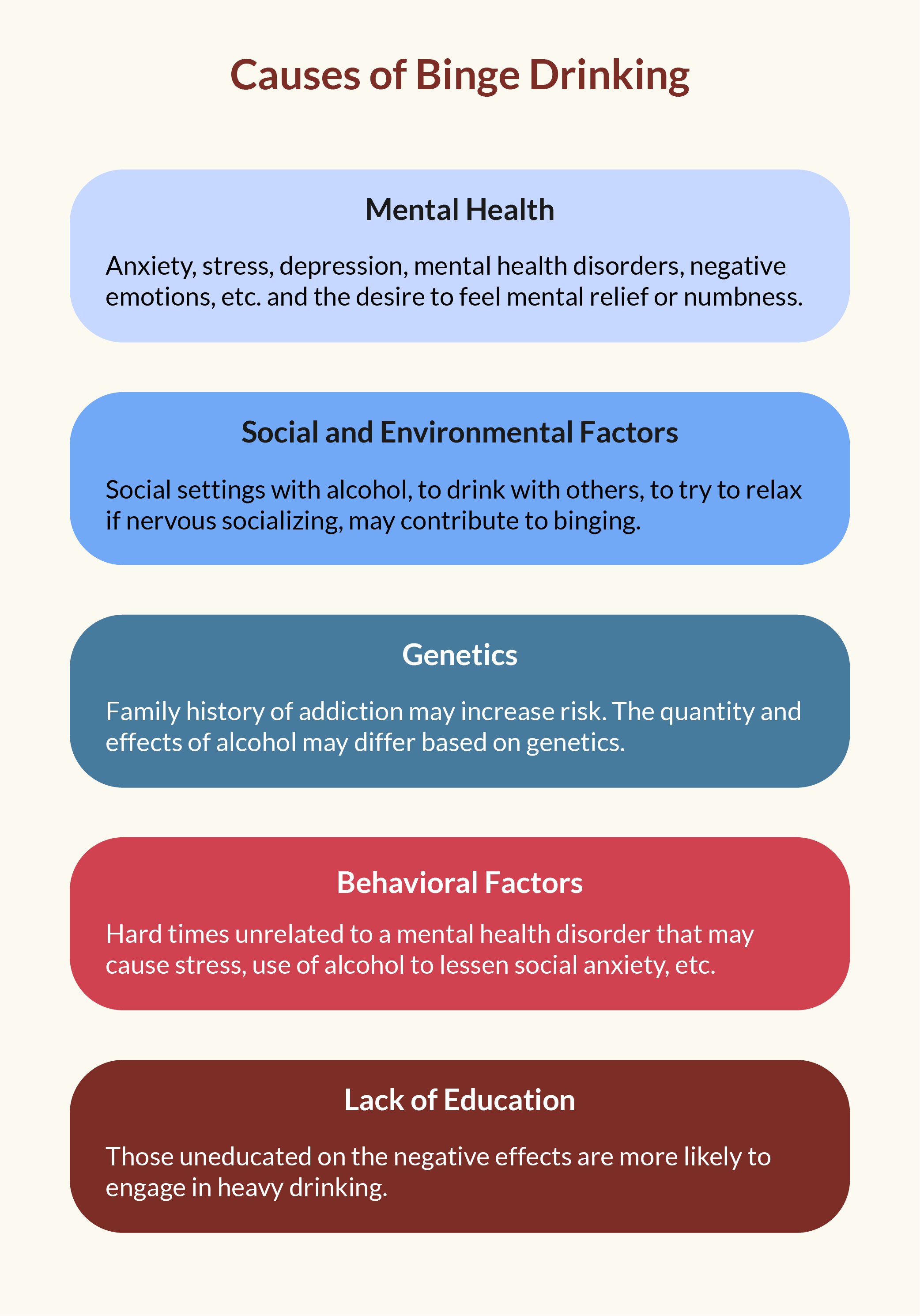
Mental Health (Stress, Anxiety, etc.)
Stress, anxiety, depression, and other mental health disorders may contribute to the cause of binge drinking. When someone is feeling negative emotions, they may use alcohol to help relieve or “numb” those emotions. This creates a problem when individuals use alcohol consumption to “treat” symptoms of mental health, as it is not an effective way to do so. Because it’s ineffective at treating mental health, an individual may become inclined to try and drink more until they feel mental relief.
Social and Environmental Factors
Social settings, like parties or a restaurant, commonly offer alcohol. When in a social setting, there are plenty of reasons why someone could be inclined to drink. If most others are drinking, a person may feel inclined to drink. Or, if they are nervous in social settings, they may use alcohol to try and relax. No matter what the reason, it can be a trigger for binge drinking when someone relies on heavy drinking every time they appear in a social setting.
Genetics
Genetics also play a role in binge drinking. According to the National Institute on Alcohol Abuse and Alcoholism (NIH), half of the risk of alcohol use disorder (AUD) is inherited, likely due to genetic variants. Those who have relatives with previous addiction can be at greater risk of drinking excessively. In addition, genetics play a role in how the body responds to alcohol. Individuals who can “hold their liquor” may feel more inclined to drink heavily than those who cannot tolerate alcohol in high quantities. For example, those of East Asian descent are at a greater risk of carrying a gene variant responsible for influencing liver enzymes responsible for ethanol metabolism. When these variants cause a buildup, that individual may experience worse physical symptoms while drinking even small amounts of alcohol.
Behavioral Factors
Similar to mental health, behavioral factors can cause someone to binge drink. For example, those with higher social anxiety may use binge drinking to feel more relaxed around strangers. In addition, there may be those going through a hard time but do not necessarily have depression or another mental health disorder. Regardless, they may use binge drinking to help respond to the hard times they are facing.
Lack of Education
Individuals who are not educated on the negative effects of alcohol are more inclined to drink heavily. They may not understand the physical or mental health effects of excessive alcohol drinking. In addition, studies have also shown a correlation between those with a lower education and binge drinking. According to a study reported by the Alcohol Research Center, black people were at a greater risk than caucasians for heavy drinking because they experienced greater poverty and less education. Another study reported by the NIH found that those who dropped out of high school were at a higher likelihood of developing alcohol abuse than those who had a college degree.
How to Stop Binge Drinking
If you are concerned about excessive drinking, either personally or for a loved one, there are treatment options that can guide a path to recovery. Heavy drinking may be a sign of alcoholism. Even if binge drinking only occurs in social settings, it can wreak havoc on your mental and physical wellbeing, putting you at greater risk for implications like liver damage or heart disease. There are many ways to stop binge drinking, even before it becomes a serious risk both mentally and physically.
For those who may have a serious addiction, Behavioral Health Centers offers treatment programs:
- Detox: For those who frequently binge drink and are more likely to experience serious symptoms of alcohol withdrawal
- Inpatient: For those who require residential treatment or round-the-clock care during recovery; can also treat co-occurring mental health disorders
- Outpatient: Allows those seeking recovery from alcohol addiction to seek treatment while still attending work, school, daily activities and allows you to return home in the evenings; not recommended for those who need detox or supervision during treatment
There are also other resources available to binge drinkers and concerned loved ones to help encourage that next step towards recovery. Each state offers resources to those suffering from binge drinking or alcohol addiction. The state of Florida offers some of the following resources:
- 988 Suicide & Crisis Lifeline: To immediately speak with someone, call or text substance use support by dialing or texting 988.
- Alcohol Awareness Alcoholism Hotline: To use the 24/7 hotline, call 855-955-0771.
- Florida Public Health Department: Call their hotline for substance use at 850-487-2929
- Florida Health SAMH Program: To find additional resources for alcohol use disorder, call 850-245-4444.
If you or a loved one are currently feeling serious physical effects from binge drinking, such as alcohol poisoning, contact emergency health services immediately. Some cases of heavy alcohol consumption require serious medical treatment, such as Naltrexone, IV drip, or stomach pumping. Consult with a medical health professional for emergency treatment.
